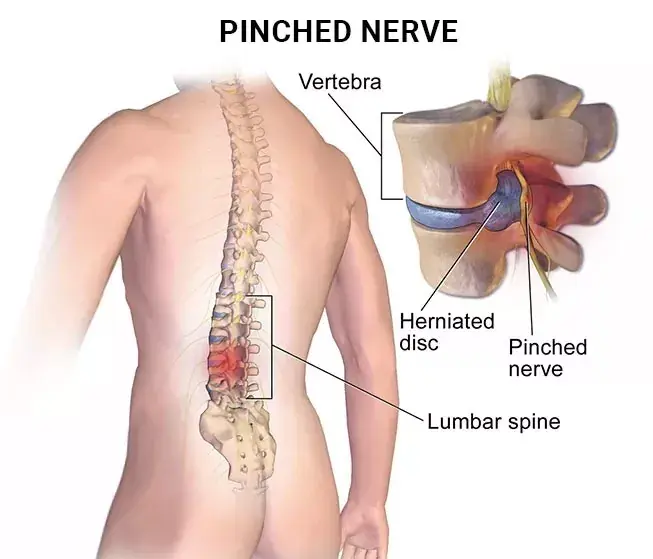Understanding the Connection Between Mental Health and Physical Well-Being
- Tamera Chapman

- Aug 31, 2023
- 2 min read

It's no secret that mental health and physical well-being are closely linked. When we experience stress, anxiety, or depression, it can take a toll on our physical health. Likewise, when we neglect our physical health, it can have a negative impact on our mental health. Let's explore the connection between mental health and physical well-being, and how taking care of both can help us achieve optimal health.
The Mind-Body Connection: The mind and body are not separate entities, but rather two parts of a whole. When we experience stress, it can trigger physical responses in the body, such as increased heart rate, elevated blood pressure, and muscle tension. Over time, chronic stress can lead to a range of physical health problems, including cardiovascular disease, digestive issues, and chronic pain.
Exercise and Mental Health: Regular exercise has been shown to be an effective way to improve both physical and mental health. Exercise releases endorphins, which are feel-good chemicals that can help reduce stress and improve mood. Exercise can also help improve sleep, boost energy levels, and reduce the risk of chronic diseases like heart disease and diabetes.
Nutrition and Mental Health: The food we eat plays a critical role in our physical and mental well-being. A diet that is high in processed foods, sugar, and unhealthy fats can contribute to a range of physical health issues, including obesity, diabetes, and heart disease. It can also have a negative impact on mental health, leading to depression, anxiety, and fatigue. Eating a diet that is rich in whole, nutrient-dense foods can help improve both physical and mental health.
Sleep and Mental Health: Sleep is an essential component of both physical and mental health. When we don't get enough sleep, it can lead to a range of physical health problems, including obesity, heart disease, and diabetes. It can also have a negative impact on mental health, leading to depression, anxiety, and irritability. Getting enough sleep is essential for maintaining optimal health.
Self-Care and Mental Health: Taking care of ourselves is an important part of maintaining both physical and mental health. Self-care practices like mindfulness, stretching, and spending time in nature can help reduce stress, improve mood, and promote feelings of well-being. Engaging in activities that we enjoy, spending time with loved ones, and practicing mindfulness can also help improve both physical and mental health.
Mental health and physical well-being are closely linked. Taking care of both is essential for achieving optimal health. Incorporating exercise, healthy eating habits, adequate sleep, and self-care practices into our daily routines can help promote physical and mental well-being. If you're struggling with mental health issues, don't hesitate to seek professional help. Taking care of your mental health is just as important as taking care of your physical health.






Comments